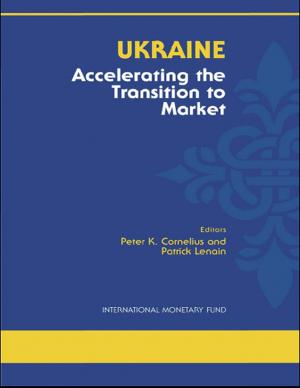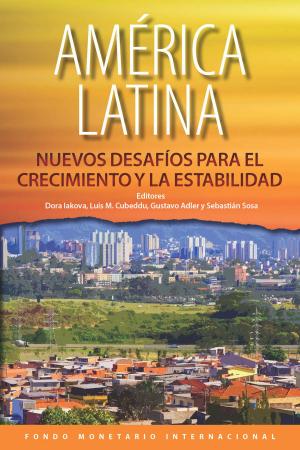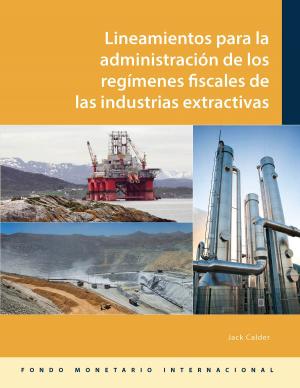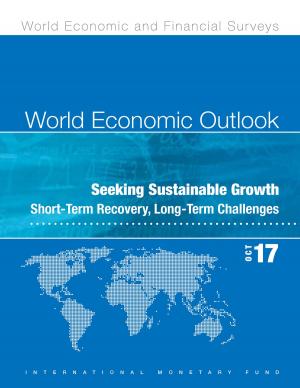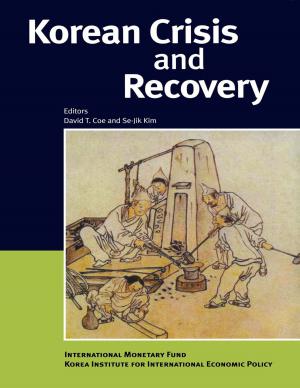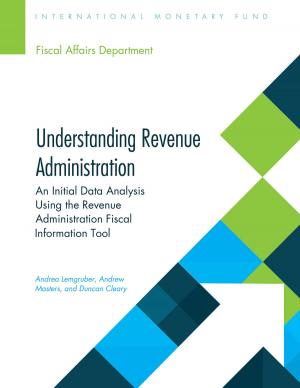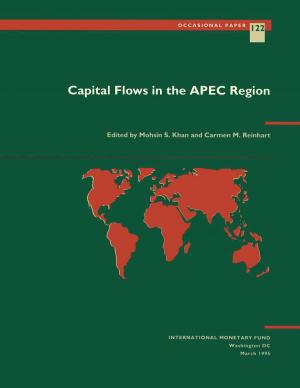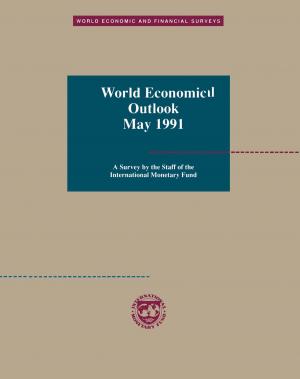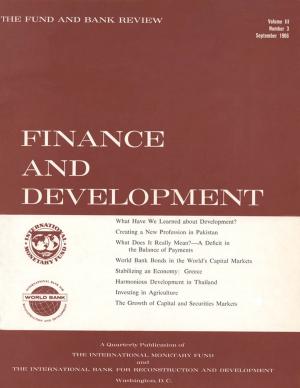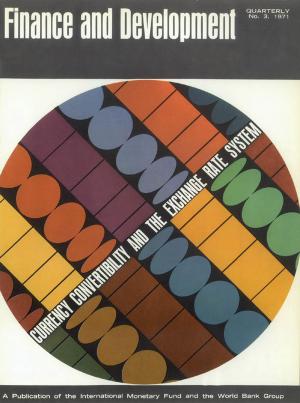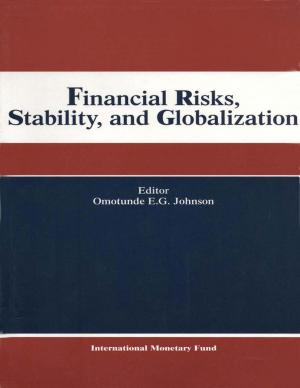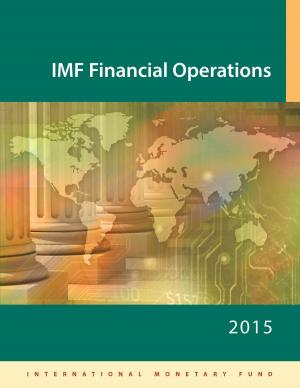Finance & Development, September 2008
Business & Finance, Economics, International Economics, Finance & Investing, Finance| Author: | International Monetary Fund. External Relations Dept. | ISBN: | 9781452734200 |
| Publisher: | INTERNATIONAL MONETARY FUND | Publication: | August 12, 2008 |
| Imprint: | INTERNATIONAL MONETARY FUND | Language: | English |
| Author: | International Monetary Fund. External Relations Dept. |
| ISBN: | 9781452734200 |
| Publisher: | INTERNATIONAL MONETARY FUND |
| Publication: | August 12, 2008 |
| Imprint: | INTERNATIONAL MONETARY FUND |
| Language: | English |
The September 2008 issue examines key issues facing low-income countries, including how they should respond to high oil and food prices. Some African economies are now successfully attracting international investors and are seen as a new tier of "frontier" emerging markets. Separate articles look at problems of aid effectiveness, aid predictability, and aid fragmentation. Other articles include an account by Eswar S. Prasad and Raghuram G. Rajan of their new report on financial sector reforms in India; Martin Ravallion and Dominique van de Walle draw lessons on reducing poverty from Vietnam's agrarian reforms; Sanjeev Gupta and Shamsuddin Tareq make a strong case for sub-Saharan countries to mobilize their domestic revenue bases. In addition, Simon Willson profiles Beatrice Weder di Mauro, the first woman on Germany's Council of Economic Experts; and the outgoing IMF Chief Economic Simon Johnson talks about the new drivers of global growth-emerging markets.
The September 2008 issue examines key issues facing low-income countries, including how they should respond to high oil and food prices. Some African economies are now successfully attracting international investors and are seen as a new tier of "frontier" emerging markets. Separate articles look at problems of aid effectiveness, aid predictability, and aid fragmentation. Other articles include an account by Eswar S. Prasad and Raghuram G. Rajan of their new report on financial sector reforms in India; Martin Ravallion and Dominique van de Walle draw lessons on reducing poverty from Vietnam's agrarian reforms; Sanjeev Gupta and Shamsuddin Tareq make a strong case for sub-Saharan countries to mobilize their domestic revenue bases. In addition, Simon Willson profiles Beatrice Weder di Mauro, the first woman on Germany's Council of Economic Experts; and the outgoing IMF Chief Economic Simon Johnson talks about the new drivers of global growth-emerging markets.

